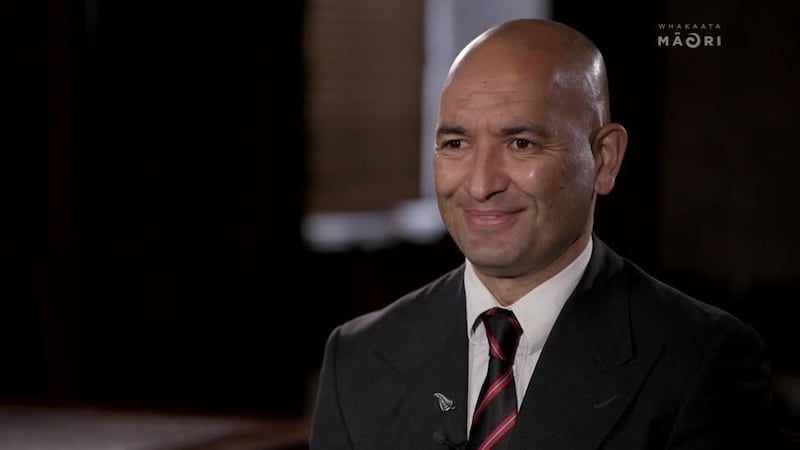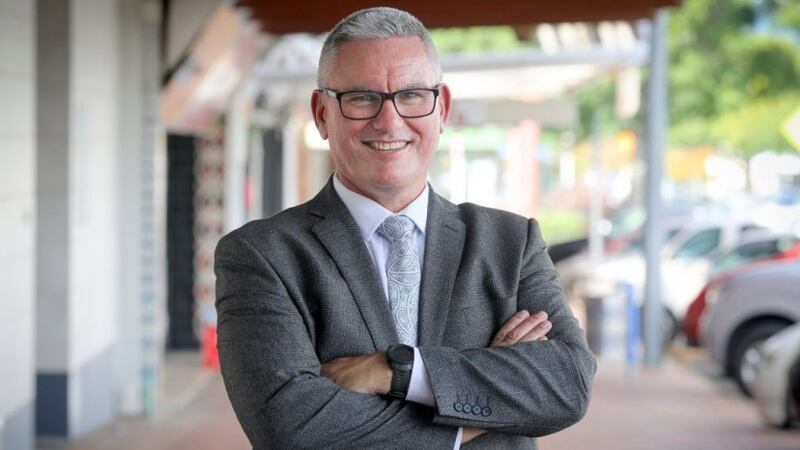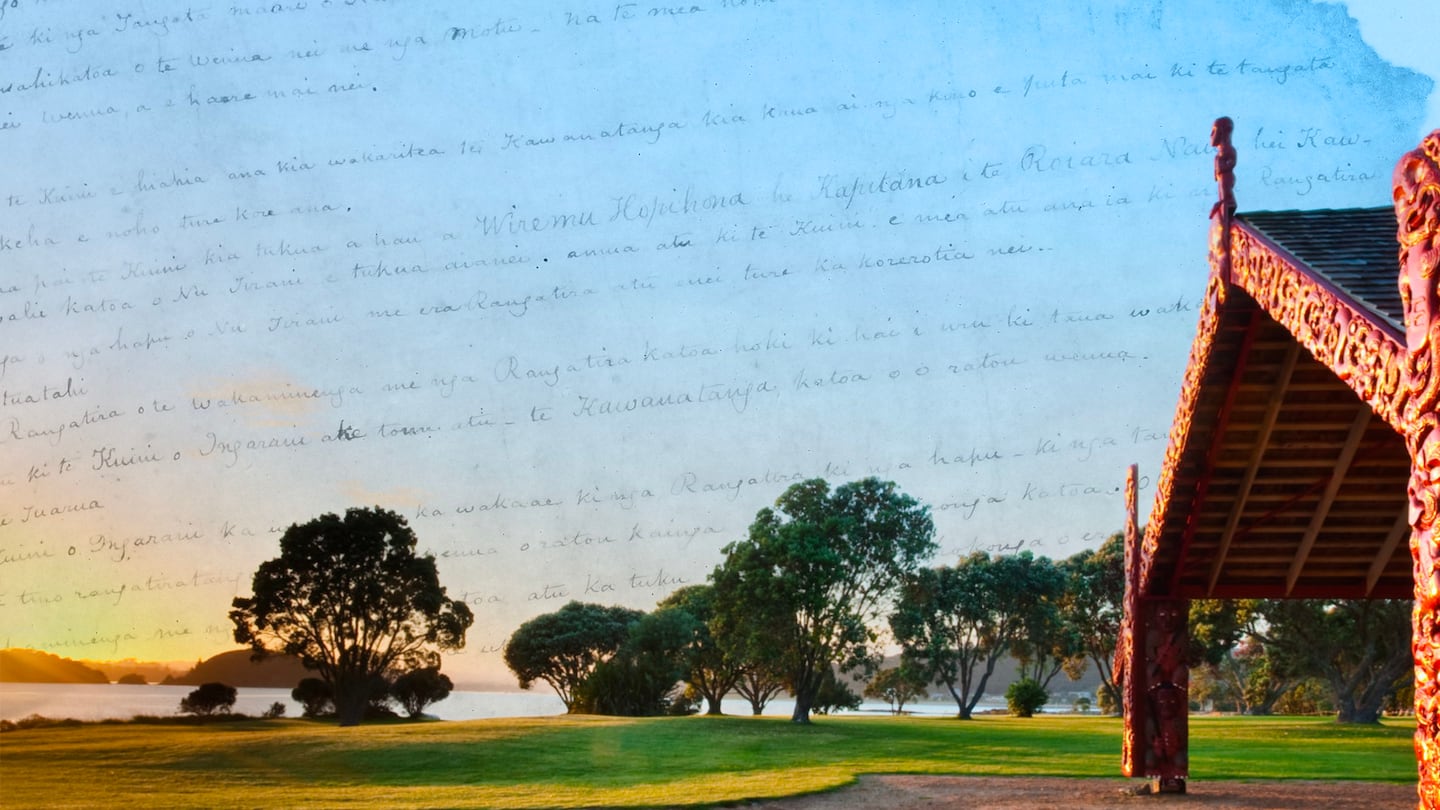This article was first published by Stuff.
How well are Aotearoa’s Treaty settlements being fulfilled? A new report has found that once the waiata fades in Parliament, things get a little messy.
The apologies were made, but the atonement has been rocky.
Tens of millions has been spent compensating “serious issues“ meeting commitments from Aotearoa’s $2.7 billion-worth of Treaty settlements, a public watchdog has revealed.
A report by Auditor-General John Ryan on how public organisations have been fulfilling thousands of Treaty settlement commitments reveals a lack of monitoring, reporting and accountability.
Compensation for “significant settlement issues” had already run into the tens of millions. There was no way of quantifying the future financial cost of such problems, the report says.
Meanwhile the ministry responsible for Treaty settlement oversight says it has taken notice, already met the Auditor-General, and plans “short and long-term” actions
Speaking to Stuff, Ryan said he found public agencies still didn’t have “a full understanding of their commitments”.
“They haven’t necessarily understood the complexity of those commitments, and they haven’t necessarily delivered on those commitments.“
System-wide monitoring and accountability “hadn’t been where it should be” for a process that covered $2.7b, was constitutionally significant, and was legally required for the public sector to deliver, he said.

The number of settlements had doubled every decade in the past 30 years, leaving public organisations with 12,000 individual and contractual obligations, the report said.
Settlements weren’t just about redress, Ryan said. “There’s an apology in there. The apology is about atoning for the past, the redress addresses that, but then it’s also ... the very strong expectation that actually relationships are reset.”
Ryan said he found “a level of frustration” from iwi and hapū organisations that once the settlement passed through law there were difficulties getting their redress as designed.
The report found public sector arrangements “were not providing adequate assurance, transparency, or accountability” for commitments.
Treaty settlement progress
- There has been about $2.73 billion worth of financial and commercial redress through Treaty settlements.
- There have been 80 settlements.
- These left about 150 public organisations with settlement commitments.
- This has required about 12,000 contractual and legal commitments.
– How public organisations are fulfilling Treaty settlements

High cost for not keeping up
Te Arawhiti - the former Office for Māori Crown Relations - was worried that compensation to fix problems “could outstrip the value of redress contained in the settlement”.
“This is partly because there is no comprehensive view of the status of all commitments, including how many might have issues with providing redress or might have litigation risk.”
Problems had left iwi and hapū spending their own settlement money chasing up public organisations to meet commitments, the report found.
In February the Māori-Crown relations portfolio was transferred to Māori development agency Te Puni Kōkiri.
Māori development minister Tama Potaka said he had asked Te Puni Kōkiri to consider the report in relation to its roles in delivering commitments and overseeing Treaty settlements.
He said last year he had handed over the first ever report to Cabinet on overall progress on delivery of settlement commitments.
TPK deputy secretary of strategy Terina Cowan said the report “provides a clear foundation” to build and measure future performance by public organisations.
She said Te Puni Kōkiri had already met with the Auditor-General, “and plans both short-term and longer-term actions”.
The Auditor-General is an independent public watchdog who gives a view on how public organisations, about 3400 across central and local government, are operating.
- Stuff



